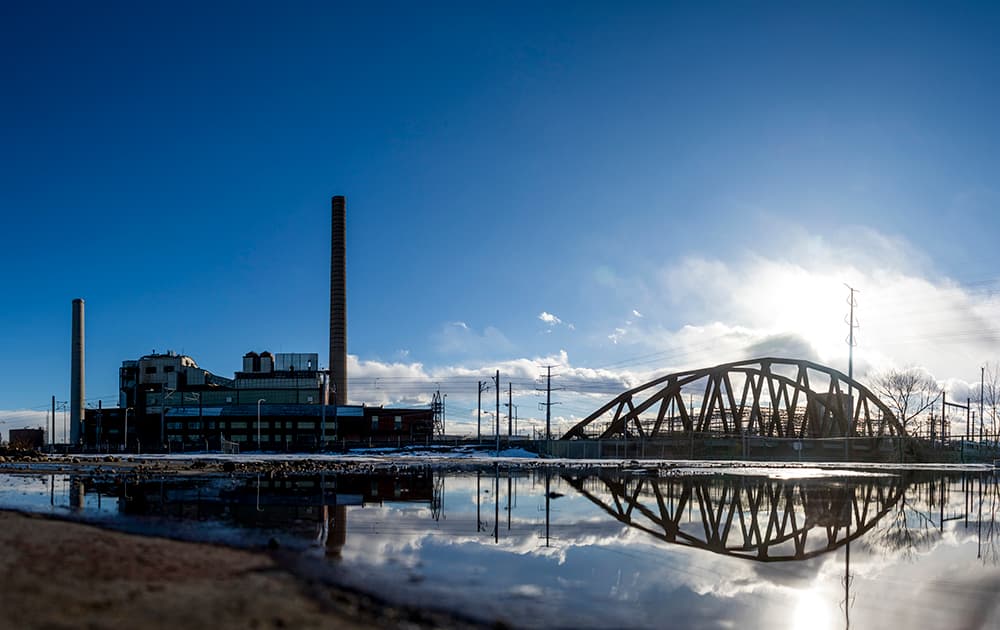
Mayor Michael Hancock said last year that he wanted to "find a way to make Denver 100 percent renewable." Now, the city is laying the groundwork for a new partnership with Xcel Energy, the utility company.
The city and the utility are interested in working together on projects such as battery storage for the local power grid, new electric vehicle infrastructure, and potentially even the creation of new renewable power plants, according to a preliminary agreement between the parties.
In one scenario, "we would be a partner with perhaps a developer and a landowner somewhere else that might be looking to put up utility-scale solar. What Denver could bring to the table is potentially some financing or something else," said Tom Herrod, climate and greenhouse gas program lead for Denver.
For now, though, the city and Xcel are just getting to know one another. Their new memorandum of understanding, signed in February, "allows Denver and Xcel to recognize each other's visions, goals and values. It's a great way to get our goals out there," Herrod said.
Erin Overturf, chief energy counsel for Western Resource Advocates, said that Denver isn't alone in pushing climate goals.
"I think, right now, cities are starting to realize they’re really in the drivers' seats ... on energy use issues and climate change," she said.
"You see more and more cities articulating these clean energy goals, just like Denver has done, and now we’re getting into the meat of, 'How do you achieve these goals?'"
The new collaboration is one of a handful that Xcel is pursuing with cities around Colorado. It has signed one with Breckenridge, too, and is negotiating others, according to spokeswoman Michelle Aguayo.
To environmental advocates, it's a significant step.
"It’s significant in the essence that it gives us a direction and a path," said Emily Hiltz, organizer for the Sierra Club's Ready for 100 campaign. It "opens up the avenue of working with developers and (state regulators) that we couldn’t previously as a city."
Denver's goals:
The city has several official goals for energy efficiency. For example, it aims to cut fossil fuel use citywide by 50 percent compared to 2012.
That hasn't happened yet. As of 2016, the city was burning slightly more fossil fuel compared to 2012, mostly due to increased use for transportation and natural gas.
Denver is doing better in its goal of reducing carbon dioxide emissions. Herrod believes that the city's new energy-efficiency law, plus Xcel's new renewable energy projects, will bring emissions down to 1990 levels by the year 2020.
That's not cause to celebrate yet; hitting the 1990 level won't necessarily put the city on track for its 2050 goals, Herrod warned.
Still, the falling price of renewable energy is making him more optimistic. Xcel expects that shutting down two coal plants and replacing them with renewables that may actually be cheaper for customers. The utility wants renewables to be the source of most of its energy by 2026.
Wind and solar's prices can now beat "almost any traditional generation source," according to Greentech Media. Power costs for both are down more than 65 percent over eight years. However, the cost of storing that energy -- which you have to do if you want an all-renewable grid -- remains high.
"We're in such an opportune time ... with solar, and wind and even storage," Herrod said. "I just think we're at a great point right now that we need to take advantage of that as a city."












